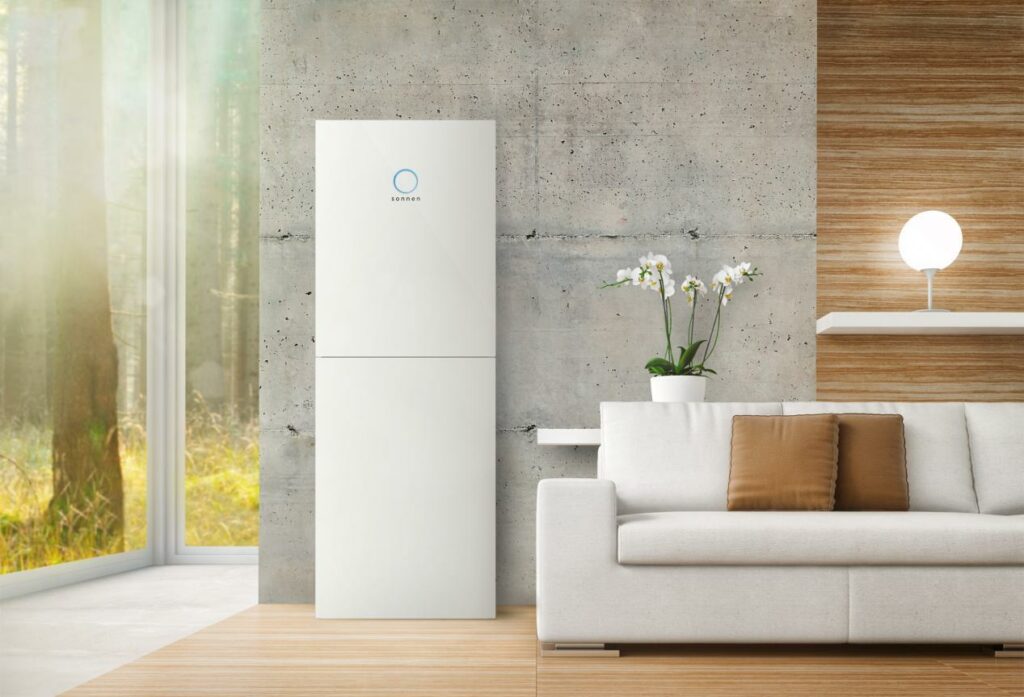Kaluza is claiming a UK first as it provides Western Power Distribution (WPD) with flexibility from domestic batteries and transport solutions using one platform.
Electric vehicle (EV) smart charging and vehicle-to-grid (V2G) have been added into the flexibility service Kaluza’s provides to WPD, with its platform already providing the DNO with flexibility using domestic batteries from sonnen.
Kaluza lauded the milestone as the first time V2G has been used to provide flexibility to the local grid, as well as the first time a grid service has been provided using a mix of storage and transport devices.
Kaluza also hit a flexibility milestone with WPD in January as it utilised its sonnenBatteries in Lincolnshire to become the first residential flexibility platform to provide a paid service to a UK distribution network operator.
Its platform will now also shift EV charging away from times of high demand, while the combination of V2G and home batteries will be used to support WPD’s network with available export capacity during times of high demand.
Roger Hey, DSO systems and projects manager at WPD, said that the project “enables us to understand how all of these technologies will work together” whilst also bringing forward the “prospect of cleaner and cheaper energy” for consumers “in a way that can be replicated across the country”.
As part of the service Kaluza is providing to WPD, AI technology is utilised to provide a fully automated, machine-to-machine operation with no need for manual intervention.
The platform is integrated with the NODES market – a flexibility market launched as a joint-venture between Norwegian utility Agder Energi and European energy exchange Nord Pool – meaning it can participate in NODES’ ShortFlex trading. This, Kaluza explained, enables flexibility to be traded “much closer” to real time than the usual week or month-ahead timeframes, offering “superior accuracy” when forecasting the availability of local flexibility.
The potential of smart charging and V2G for providing flexibility has long been lauded and a number of trials have been conducted into the technologies.
Research released in June by a group of companies including Kaluza found that smart charging alone could have saved £133 million in grid balancing costs during lockdown if the technology was more widely adopted.
WPD itself has also lauded the potential of using transport for flexibility, in particular V2G, which it has stated it believes will be more effective than smart chargingdue to the ability to link EVs together and put “significant levels” of energy back into the grid at peak times.
The DNO has therefore launched its own V2G trial as part of its Electric Nation project, recruiting 100 EV drivers to take part.
The new milestone comes as part of WPD’s IntraFlex project, which is looking to develop learning on the operability of short term flexibility markets, the value of increased information at the day-ahead stage to suppliers and the value of an integrated link for rebalancing in the intra-day market.
“While flexible, low carbon technologies become increasingly prevalent in people’s homes, there hasn’t been an effective way of coordinating charging across different types of devices to support grid balancing,” Conor Maher-McWilliams, head of flexibility at Kaluza, said.
“This service changes that and will enable truly scalable flexibility so that millions of devices can store green and affordable energy in the future.”






